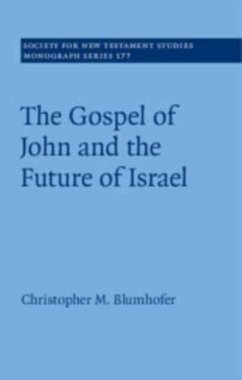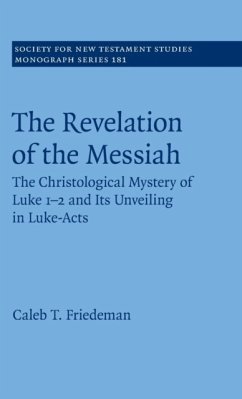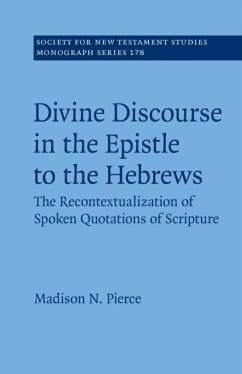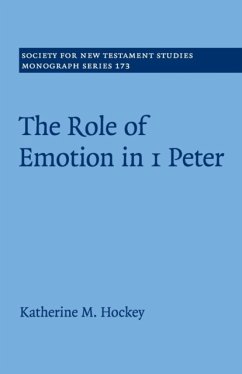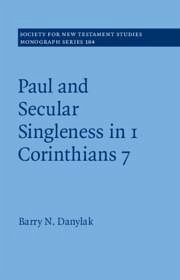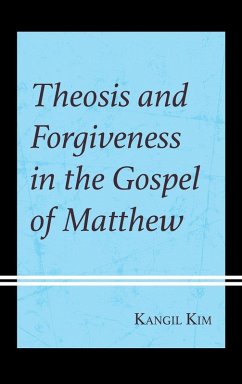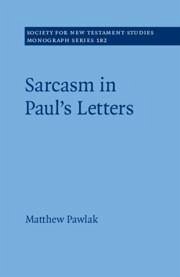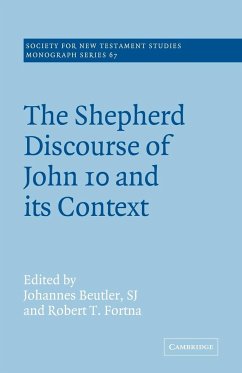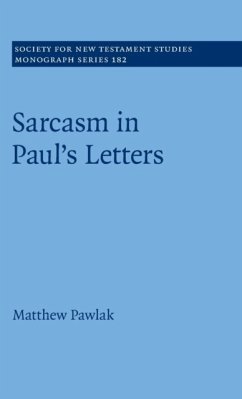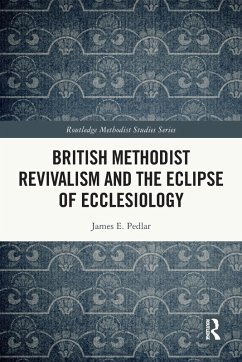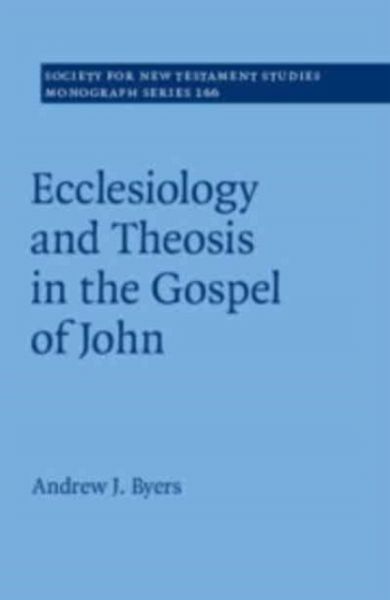
Ecclesiology and Theosis in the Gospel of John
Versandkostenfrei!
Versandfertig in über 4 Wochen
28,99 €
inkl. MwSt.

PAYBACK Punkte
14 °P sammeln!
For the author of the fourth Gospel, there is neither a Christless church nor a churchless Christ. Though John's Gospel has been widely understood as ambivalent toward the idea of 'church', Andrew Byers argues that ecclesiology is as central a Johannine concern as Christology.





